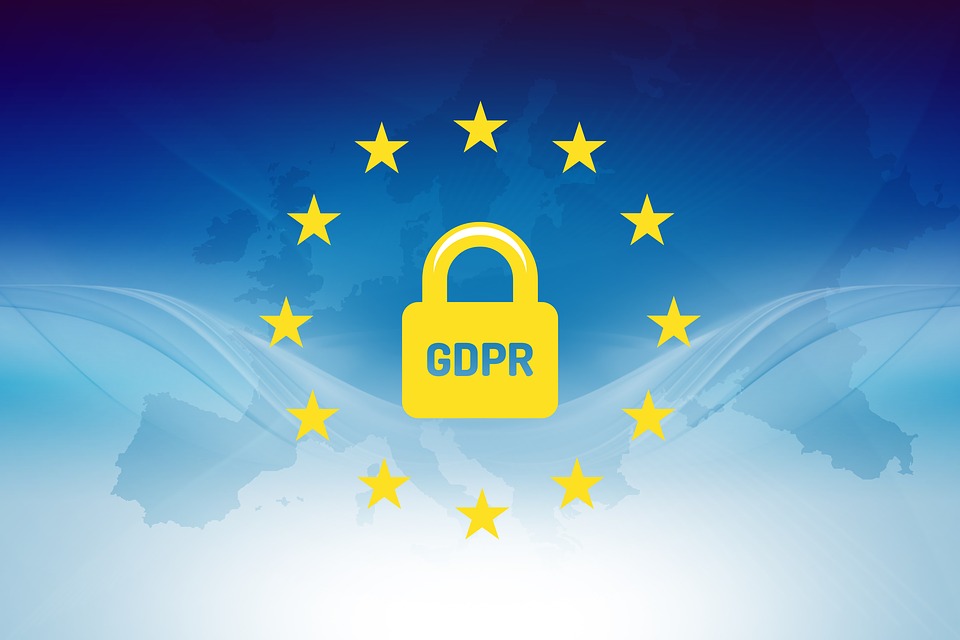
Q&A with Imprezzio’s Executive Vice President of Sales, Jeff Brown
How do you think the GDPR legislation in the EU will impact U.S.-based insurance companies, even if they don’t have European connections?
J.B: The reality for most US business, insurance companies and others is that GDPR will become the global standard for how businesses must handle consumer data. GDPR is coming to the U.S. The Mark Zuckerberg congressional testimony is evidence enough that all consumers, whether U.S. citizens or EU citizens, expect their data to be handled responsibly and GDPR will set new benchmarks for consumer data privacy. This becomes an incredible opportunity for U.S. companies!
As the average consumer begins to understand the advantage to them, they will likely prefer working with and sharing their consumer data with compliant companies. Rather than waiting and wondering, why not take the steps necessary to comply? It’s great for your customers, and if you lead the way, it will end up being great for your company.
The implications of GDPR for marketers is that the stakes are raised considerably for over-saturating the market
As a company that helps agents cope with all applicable laws and regulations in the United States and Europe, what steps will insurance companies need to take to comply with the legislation and not be open to stringent financial penalties?
J.B: This is the most significant data privacy regulation ever – the EU views this as a human rights issue. I strongly believe that the recent Facebook issues will accelerate GDPR acceptance here in the U.S., and it is up to insurance agents and carriers to be sure they are in compliance with all applicable laws and regulations in the U.S. and in Europe.
First, work with your legal team and GDPR experts to appoint a representative for your company who is established in your EU supervisory country. This person is the point of contact for all communications with the GDPR supervisory body.
Not all organizations need one, but if it’s required appoint a Data Protection Officer. Make sure this person has the expertise you need. They can help you redesign what consent and disclosure looks like for your customers. Consumers will need to check a box (or its equivalent) for every single use-case you have for their data. They need to be able to select those they agree with and decline those they don’t, and you need to be able to comply and track their preferences in your systems.
You need to consider your third-party providers as well. Remember, if a third-party is not able to prove their GDPR compliance, the work they do for your EU data is illegal. Audit your third-party providers and re-evaluate service level agreements.
How will companies work within the GDPR regulations and still be able to have a “good client experience” and grow and find and retain new customers with this law changing the way they do business now?
J.B: Moving forward, companies will need to be much more aware of their audiences’ tolerance for marketing. Companies who’ve been careless by over saturating their audiences with irrelevant marketing will lose the privilege to market to those customers.
People want information and marketing that is timely and relevant. We have tools available for our clients that account for marketing saturation modeling and use dynamic marketing workflows. Their audiences receive the “goldilocks” amount of marketing – not over saturated, but enough to maintain brand awareness and positive disposition when they are in the position of making a buying decision.
What is the positive impact for both the business/marketer and the consumer?
J.B: GDPR compliance forces companies to implement data storage and processing and marketing “best practices.” Once a customer asks you to forget them, you must remove all their data. Not just take them off an email list, or a call list, but delete all their preferences, history and contact information.
Businesses who are compliant with GDPR will reap the benefits of better consumer confidence. Additionally, the practice of impeccable data security demands migrating customer data to the latest network technology. The long-term benefit of storing and running data using the best and most current technology reduces overall digital footprint.
How do companies use technology to retain brand awareness and win and keep customers without becoming a nuisance at a permanent cost? And specifically, what new product or feature is Imprezzio introducing to its technology/software that will help clients/companies/agents be able to better serve customers?
J.B: Achieving and retaining brand awareness without irritation becomes a balance of just the right messaging, via the right channel at the right time. We are proponents of human engagement and realize that all the AI in the world cannot replace the human connections. We also realize that the human connection is invaluable and that marketing communications coming from a trusted advisor versus a faceless organization elevates the message.
Our marketing acceleration model induces a repeatable pattern of activity, garnered from AI and machine learning to create marketing workflows that enable individuals within a company to have personal connections, smarter marketing, more personalized and predictive customer experiences and better sales outcomes.
We help companies achieve one-on-one interactions and make them more confident that what they say, and show is relevant and tailored to their client.


